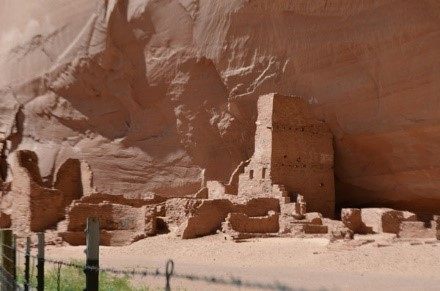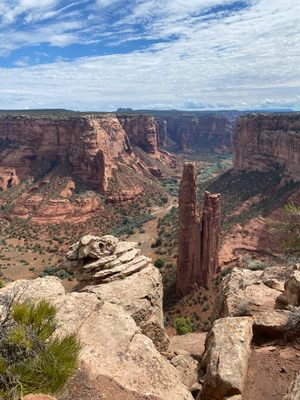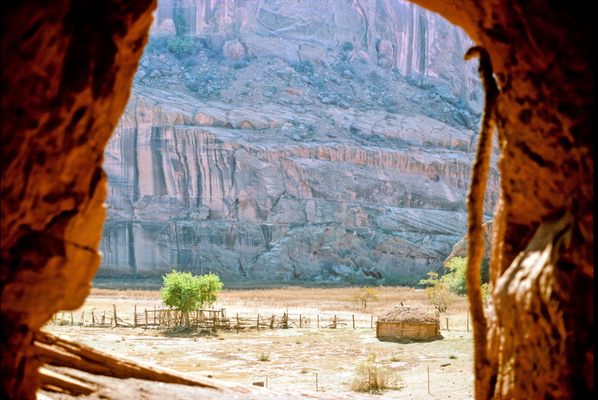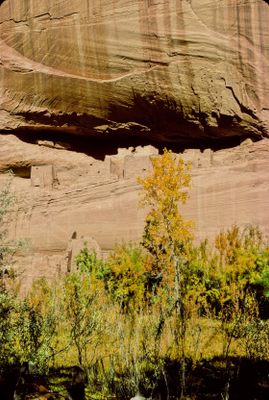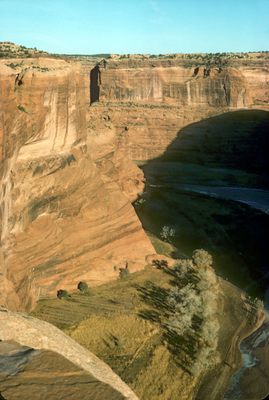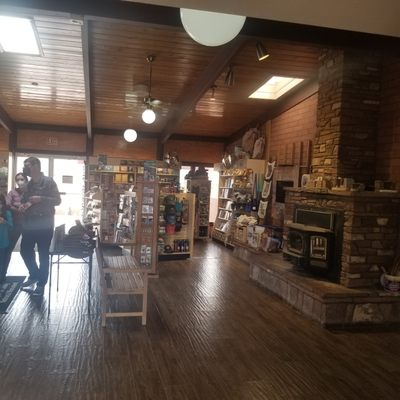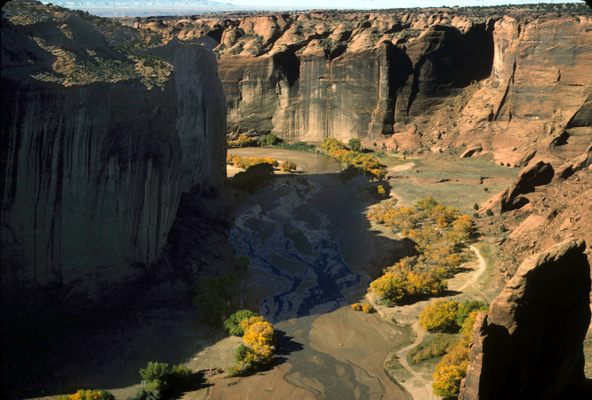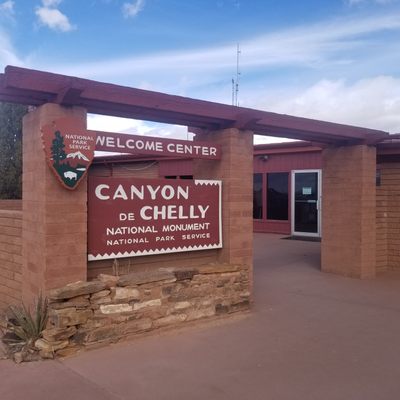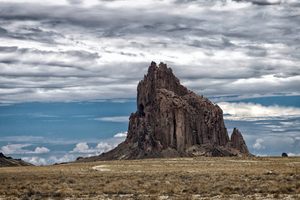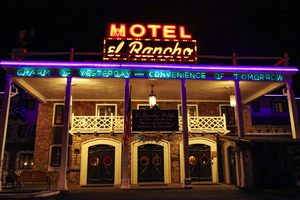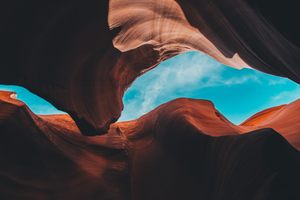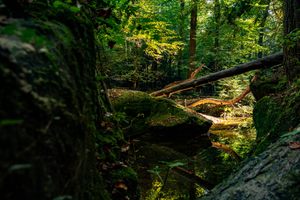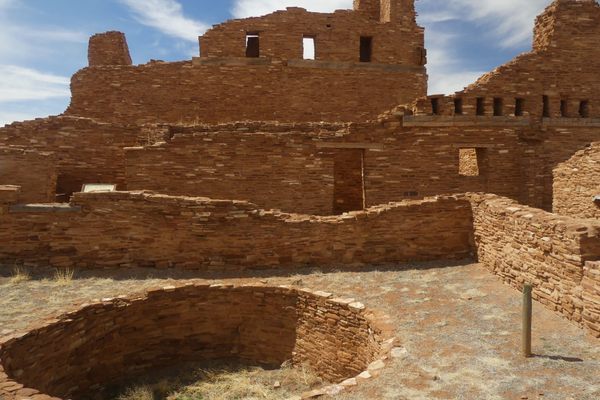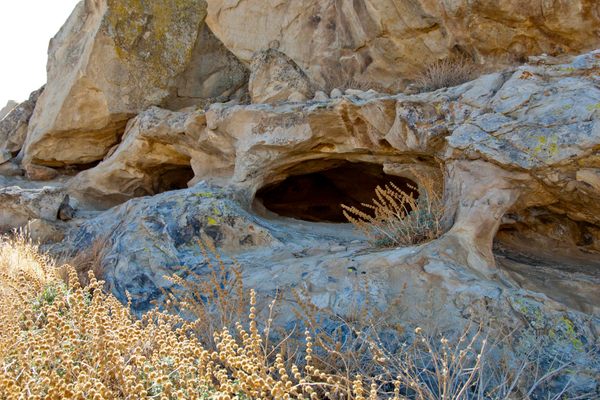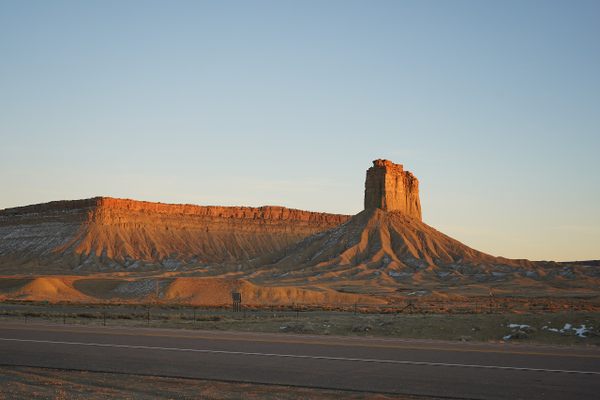About
The red-orange cliff walls of Canyon de Chelly in northeastern Arizona are the result of millions of years of land uplifts and stream cutting. The national monument is located on Navajo tribal lands, and these lands have long been home to the Indigenous people of this region. In fact, Canyon de Chelly is one of North America's longest continuously-inhabited landscapes.
The canyon's earliest known inhabitants were the Ancestral Puebloans, who made use of the rich soil and abundant water sources in the canyon. Though many of the Puebloans had left the area by the 1300s, they were followed by Hopi and Navajo people, who grew crops in the canyon, including corn and peaches. (Today, a Navajo woman is working to restore the peach orchards that once grew in this region.) There are multiple ruins in the canyon walls, many from the Hopi and other Puebloan societies.
By the late 1700s, European colonists had arrived in the Southwest, and fighting broke out between the colonists, the Navajo, and other Native American groups in the region. In 1805, Canyon de Chelly was the site of a bloody clash between the Navajo and Spanish colonists. In 1863, Kit Carson acting on orders from the United States government, came and burned the farms and rounded up the people in the canyon and marched them out of the canyon to a fort located hundreds of miles away. Approximately 250 Navajo stayed in the canyon on top of one of Fortress Rock, coming down at night to get water and food and going back up, pulling the ladders after them.
The site is now part of Navajo Nation, the largest land area held by a Native American tribe at more than 27,000 square miles. In 1931, Canyon de Chelly was recognized as a national monument encompassing approximately 131 square miles. About 40 families reside within the park's boundaries.
Related Tags
Know Before You Go
You can hire a tour by vehicle or horse. The scenery includes Spider Rock, a small creek that flows all year round, small farms, and a lot of history.
There is a hotel at the entrance to the canyon.
Community Contributors
Added By
Published
July 19, 2022



